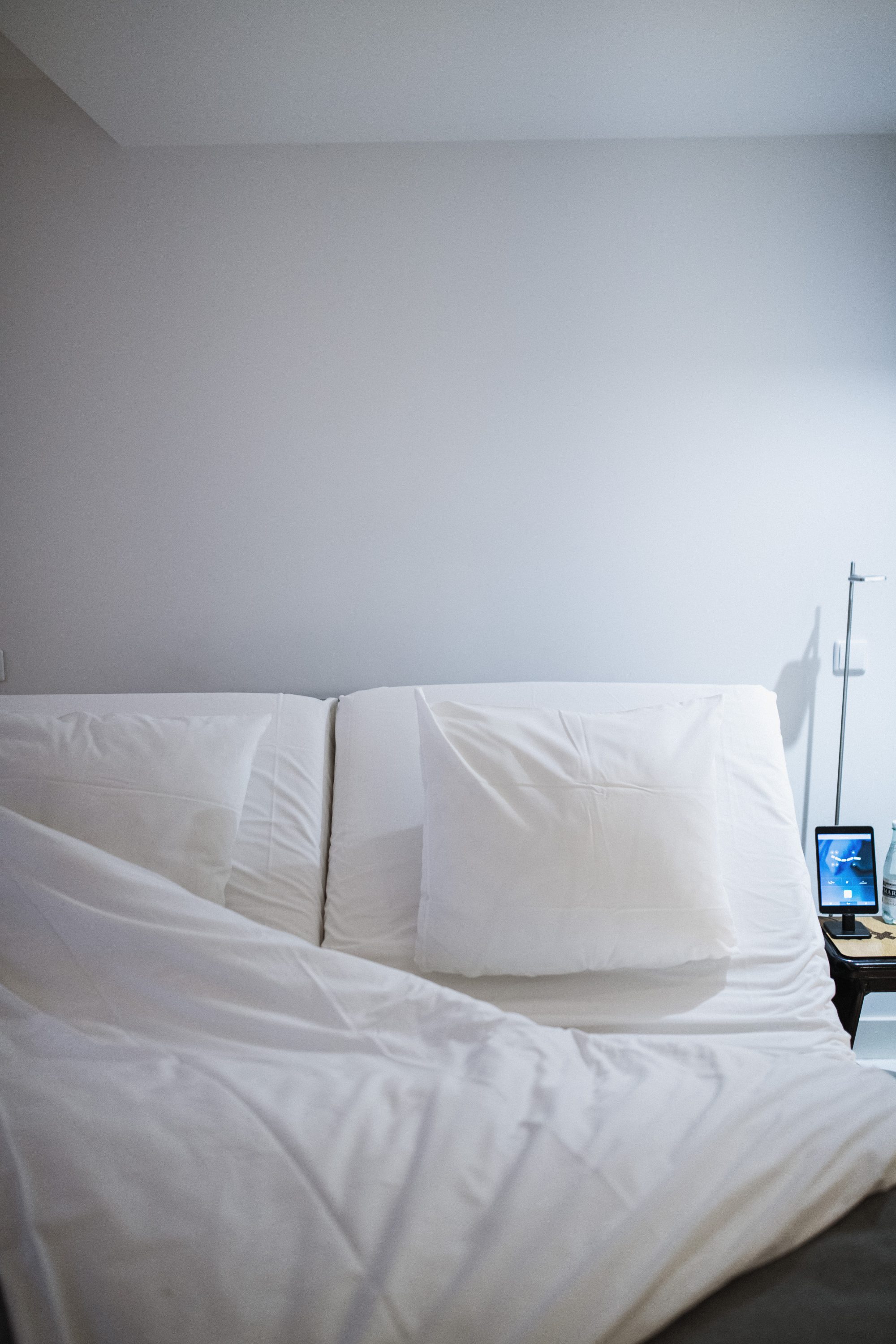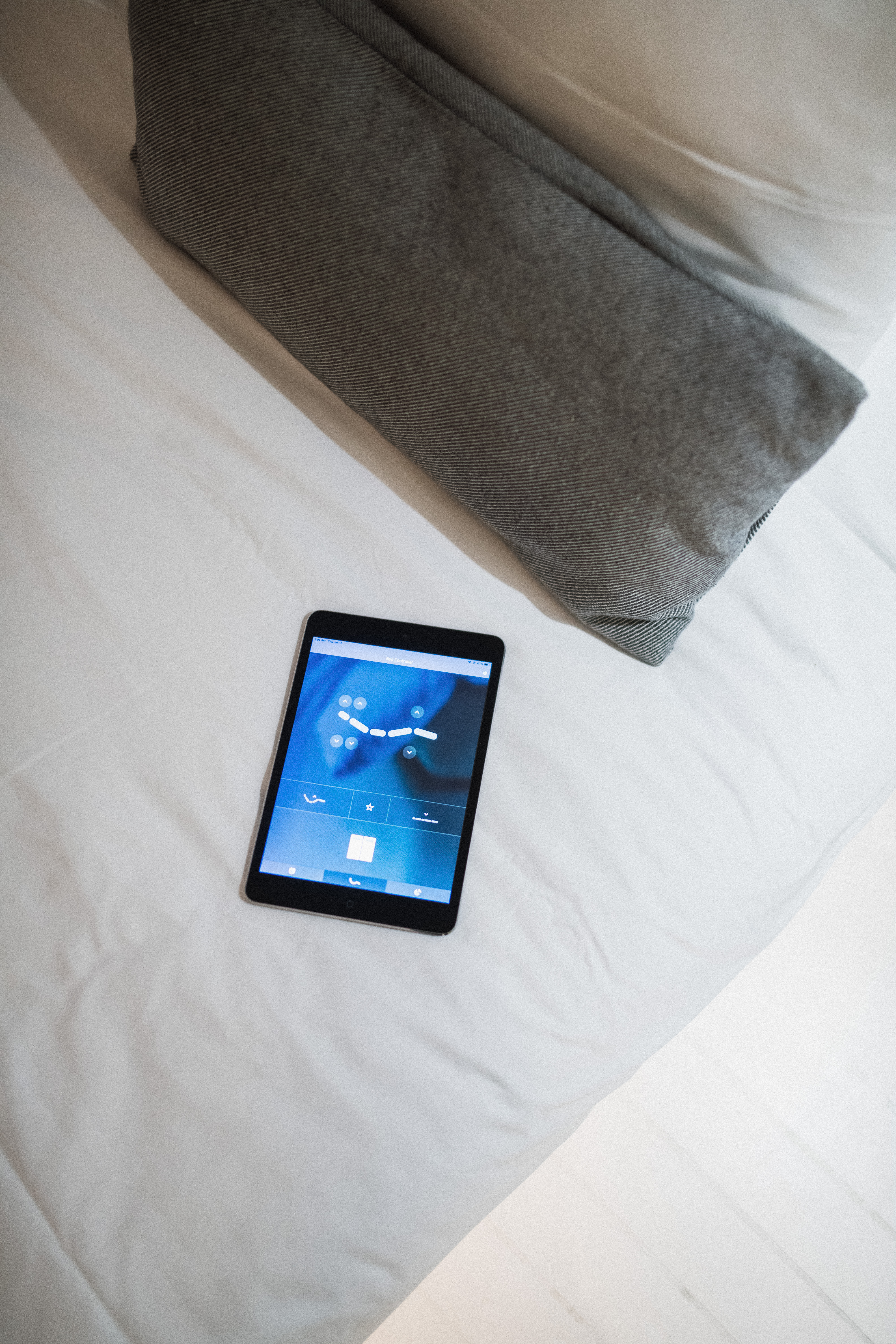Eyes & ears for hoteliers
Hotel guests are just like people and therefore often cause problems. Fortunately, technology lends a helping hand, allowing hoteliers to better monitor what happens behind the door of each room.
Every year, somewhere in the media, a list appears detailing the most stolen items in luxury hotels. Topping the list are towels, closely followed by bathrobes. This aberration seems to be deeply ingrained in the DNA of the human species. However, it’s not just guests who ‘borrow’ hotel items. Research indicates that most towels are stolen by staff, and another problem is that much hotel linen goes missing in laundries. In total, about 30 to 40% of towels disappear, which is a significant cost.
SMART LINEN
Fortunately, there’s now a solution. A tiny chip can be sewn into the sheets, towels, and bathrobes, which can alert the hotel if a bathrobe leaves the premises. A pinhead-sized chip with RFID technology, or radio frequency identification, an invention that has existed since the 1970s and is familiar from public transportation and stores like Zara. The receptionist receives a signal when a bathrobe leaves the building. They don’t have to confront the guest about their theft but discreetly add the pilfered laundry to the bill. The chips also make linen inventory management much more convenient because you can see exactly where it is and how many times it has been washed. Such a chip can, of course, also be built into hairdryers, espresso machines, Bibles, and other frequently stolen items. You can also monitor the shelf life of your shop or minibar.
SENSORS
Another problem remains smoking and vaping in hotel rooms. It takes time to clean a room that has been smoked in, and it also causes damage, fire hazards, and negative reviews. Fortunately, technology offers a solution for this too. Smoke detectors have become much smarter. They can distinguish between cigarette smoke, cannabis smoke, and vapor from the bathroom, so it’s possible to catch the guest in the act. With this evidence, you can also add these costs to the bill if you don’t feel like confronting the guest.
Additionally, smart sensors can measure the amount of carbon dioxide being exhaled. This allows you to see if there are significantly more people in the room than intended. Furthermore, the sensors can detect if a hotel guest is making too much noise, enabling you to intervene before the neighbors complain.
Finally, there are many advancements in the realm of smart cameras, which, thanks to AI, can analyze video footage and alert staff if something unpleasant is about to happen. Without the guest noticing, the hotel becomes more efficient and safer. As our neighbors always say: Vertrauen ist gut, Kontrolle ist besser.
This column by Vincent van Dijk previously appeared in Entree Magazine




